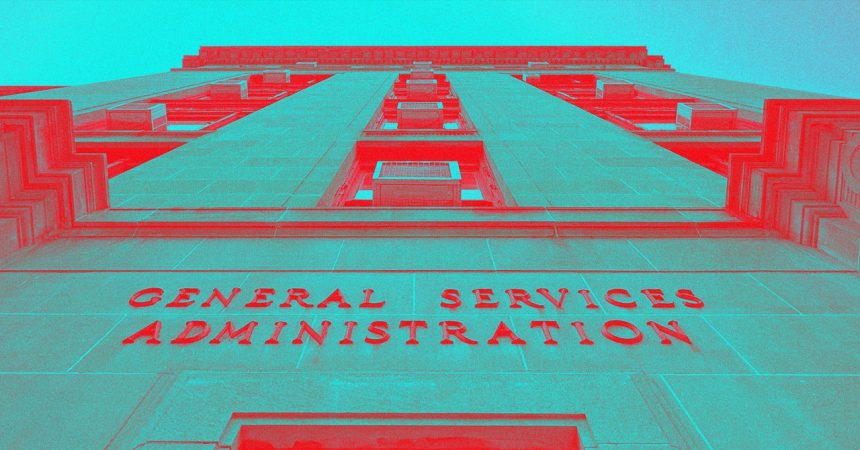Elon Musk’s influence has extended its reach into the heart of the US federal government, specifically the General Services Administration (GSA), the agency responsible for managing federal offices and technology. This infiltration has been orchestrated through the placement of Musk loyalists, ranging from close confidants to former interns from his various companies, into key positions within the GSA. This influx of Musk’s associates has raised concerns about potential conflicts of interest and the reshaping of the agency’s priorities to align with Musk’s own agenda.
Leaked documents reveal a concerted effort by this new guard to leverage their connections to gain unusual access to GSA technology, including attempts to use White House security credentials. This raises serious security concerns, as it could potentially grant them access to sensitive government data and systems. Concurrent with this pursuit of access, the team is deploying new AI software and remodeling the office environment to reflect the culture of X, Musk’s rebranded social media platform, further blurring the lines between private enterprise and public service. This raises questions about the neutrality and objectivity of the agency under this new leadership.
The individuals populating these influential roles within the GSA are not seasoned government officials but rather individuals with strong ties to Musk’s business ventures. Nicole Hollander and her husband, Steve Davis, known for their dedication to Musk during the Twitter takeover, now hold official positions within the GSA and Musk’s Department of Government Efficiency (DOGE), respectively. Similarly, Thomas Shedd, the new director of Technology Transformation Services, boasts a long tenure at Tesla, and other appointees have links to Neuralink and xAI, further solidifying the impression of a Musk-orchestrated takeover. This raises concerns about whether these individuals possess the necessary experience and impartiality to effectively serve the public interest.
This “takeover,” as some GSA employees have described it, appears motivated by Musk’s well-documented desire to drastically reduce government spending. Internal documents suggest a target of 50% spending cuts for all GSA-managed offices, a move that could have significant ramifications for government operations and services. This aggressive cost-cutting approach raises concerns about potential negative impacts on the effectiveness and efficiency of government services, potentially jeopardizing crucial functions.
The most alarming aspect of this situation is the apparent attempt to utilize Executive Office of the President IT credentials to access GSA systems. This unprecedented move raises significant security risks, potentially granting access to sensitive procurement data, internal monitoring software, and other confidential information. Such access could be exploited for surveillance of GSA employees and manipulation of government contracts, undermining the integrity of the agency and potentially jeopardizing national security. This unauthorized access casts a shadow over the ethical conduct of these individuals and raises questions about their true intentions.
The new leadership’s focus on downsizing the GSA’s real estate portfolio, canceling contracts, and implementing AI tools further cements the impression of a radical restructuring of the agency. While cost-cutting measures can be beneficial, the speed and scope of these changes raise concerns about potential disruptions and unintended consequences. The lack of transparency surrounding these decisions exacerbates these concerns, leaving many to question whether the interests of the American public are being prioritized. The overall impression is one of a private entity imposing its will on a public institution, potentially undermining the very foundations of democratic governance.



